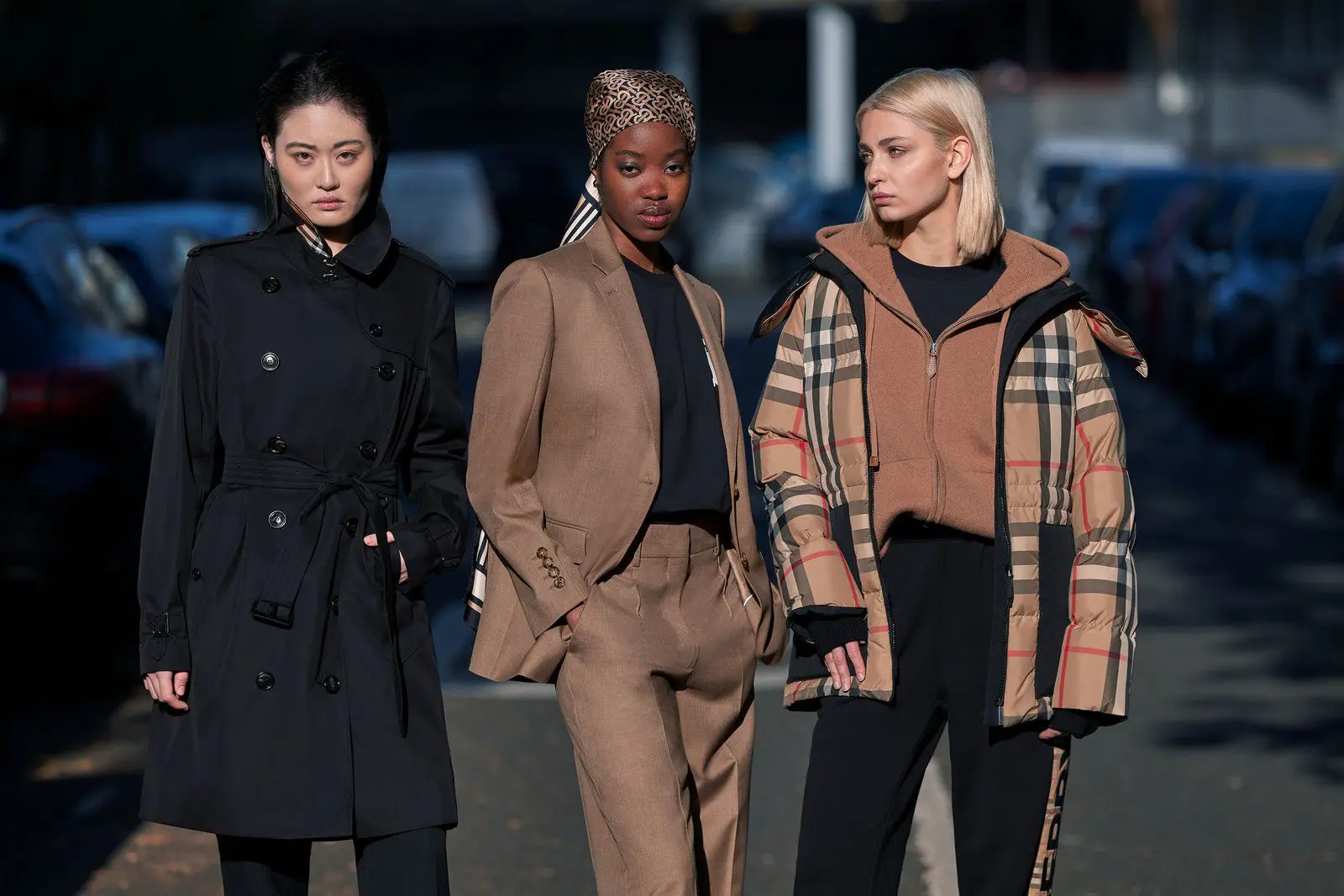“Rental and resale allows younger generations who don’t have as much disposable income to actually get a feel for a luxury brand,” Lake says. “They can rent it out, see if they like the brand and actually perhaps save up to buy that special item. They can then rent it out to make the money back.” My Wardrobe HQ’s rental customer is usually between 25 and 35 years old; the typical resale shopper is aged 35 to 45.
“Generally we believe [resale] is additive for the luxury brands as it allows a new customer base to access the luxury market at a generally lower price point and the proceeds from the seller are likely to be recycled into new products,” says Cochrane.
Rental is slightly less mature as a concept with greater customer scepticism from both the product owner and the end customer, he adds. Ralph Lauren and Jean Paul Gaultier launched their own rental platforms in the last year. In the UK, Harrods, Vivienne Westwood, Roksanda and Christopher Kane already partner with the My Wardrobe HQ on rental and resale. Brands including Ganni and Jacquemus and retailers such as Selfridges have partnered with rental platform Hurr.
The UK could be a good place for Burberry to test the waters. In a UK survey of 2,000 consumers from discounts website Voucher Codes, over a third of adults said they’ve rented clothing, with the top driving forces being “environmental guilt” and the ability to wear high-ticket items at lower cost.
My Wardrobe HQ is a unique platform because 50 per cent of rentals convert into a purchase, says founder Lake. This could set the company apart from other rental platforms like By Rotation, Hurr or Onloan, as rental is often criticised for high volumes of shipping and cleaning between multiple uses.
Luxury brands are well suited to rental and resale because they are higher quality and more durable, says Lake. However, brand dilution is a concern. My Wardrobe HQ uses luxury-standard product photos and descriptions to win luxury clients. It enlisted red-carpet photographer and chairman of London’s Southbank centre Misan Harriman for the Burberry campaign to ensure the branding was elevated. The images, shot outdoors in London on a diverse group of models, look more like luxury marketing than the typically lo-fi shots on peer-to-peer rental or resale sites.
Can resale and rental actually boost sustainable credentials?
Despite the sustainable connotations of renting, one Finnish study made headlines in July when it questioned the positive impact of rental, taking into account the shipping and cleaning required between rentals. Lake refutes the claims, stating that the Finnish report only focuses on carbon emissions and ignores other important metrics such as water, according to Compare Ethics.
“The average pair of jeans requires [an estimated] 7,800 litres of water for production,” she says. “If 20 people each buy a pair of jeans this requires 156,000 litres of water. If 20 people rent one pair of jeans and the jeans are washed between rentals (25 litres/wash) the total water cost to the planet is 8,300 litres in total. That’s a huge 147,700 litre water saving. ”
My Wardrobe HQ provides in-store pick-ups and returns from its London store or Harrods pop-up, to help minimise shipping, Lake says. Currently 20 per cent of its rentals are returned in-store. The platform, like many rental services, uses ozone cleaning instead of dry cleaning to reduce chemical and energy use. With such a high purchase rate on its rentals, half the rentals on My Wardrobe HQ are actually extended try-on periods, which don’t then require ozone cleaning or further shipping at all, Lake adds.
“We believe both rental and resale are important to the sustainability journey that everybody is going on,” says Lake. “We’re all guilty of having bought that item that was a poorer quality or just never wearing it. We give all of our brand partners, all with exceptional quality, the opportunity to give their customers that experience of luxury without having to commit to buying upfront.”
by Vogue Business



